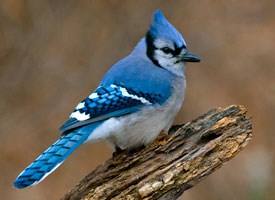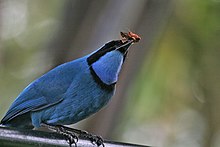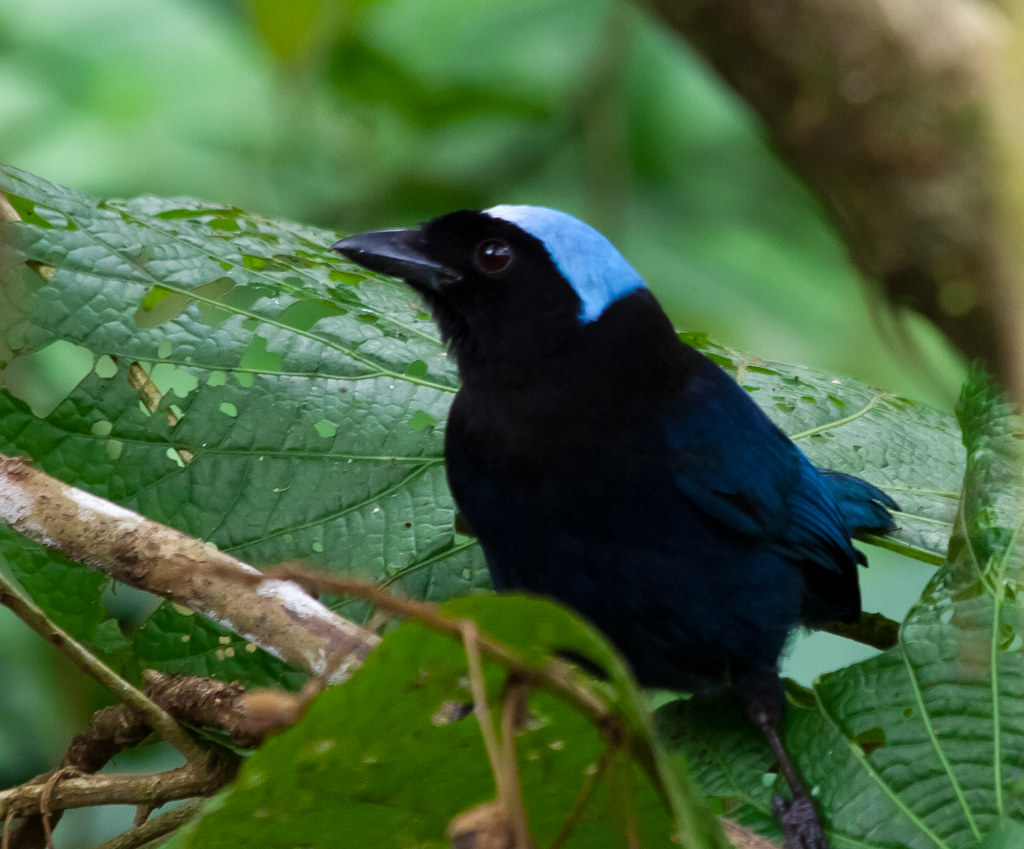I suppose you must be sick of reading about birds, by now Gentle Reader, but for these reasons I am devoting an inordinate amount of blogspace to them:
1. They have long occupied my interest.
2. I love to paint them, plus, I get to promote my art on this page
3. They are so wonderful and underappreciated
4. I am sick and tired of writing about political, social and global controversy
5. I can post all these neat images and write only a token bit of text. A real time-saver!
Any more questions? This post I would like to dedicate to the Glossy Starlings, these amazingly shiny, iridescent birds from Africa and Asia:
Let's see what I can pull from Google Images without wrecking everything

These first two images are of a purple glossy starling from Africa.

This, I believe to be a blue eared glossy starling, also from Africa. I first saw them at the Crystal Garden aviary in Victoria. I was totally mesmerised by their iridescent beauty. This was back in the eighties, before I started painting and I was overtaken by a sublime longing to portray these birds somehow, by my own hand.
This is a long tailed glossy starling. Obviously!
Here is a golden breasted starling from East Africa. Here is a painting I did of this bird
Oops! I was wrong. The painting exists, and it is beautiful, but it isn't on my website. Now how did that not happen?
Hey, Gentle Reader. I looked again, and what did I find but my painting of the golden breasted starlings


Emerald starling. I first only knew this bird from a black and white photo in a book I no longer have. Thanks to Uncle Google I finally know its true colours!

I pulled these three images of an amethyst, or plum backed starling, also from Africa

for one simple reason. To give you an idea of the beautiful range of colour that the iridescent plumage proffers

depending on the angle of the sunlight.

I have also portrayed this superb glossy starling in the painting below.

Aaaahhhh! The wonder of it all!































